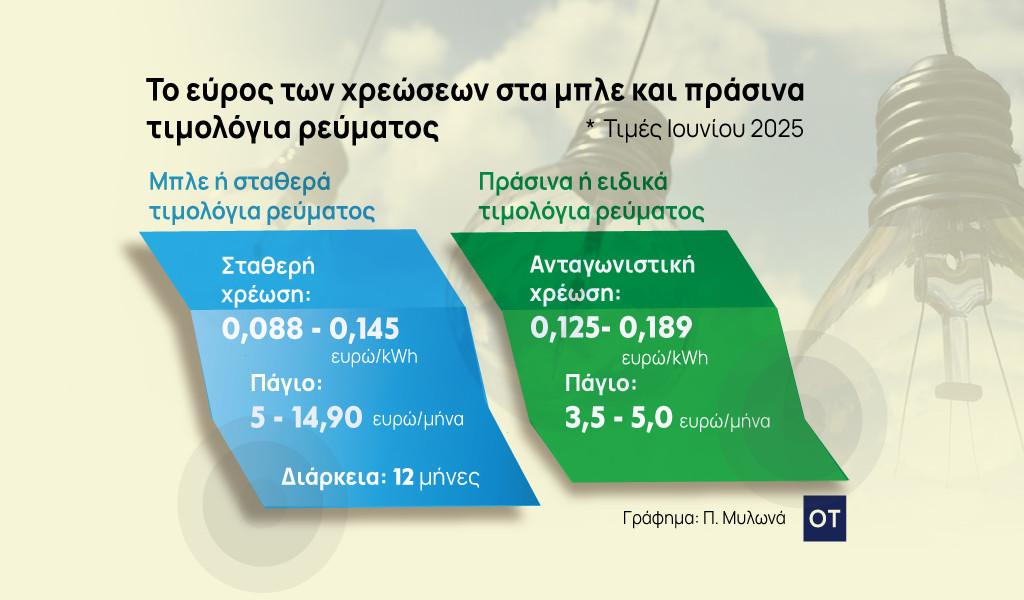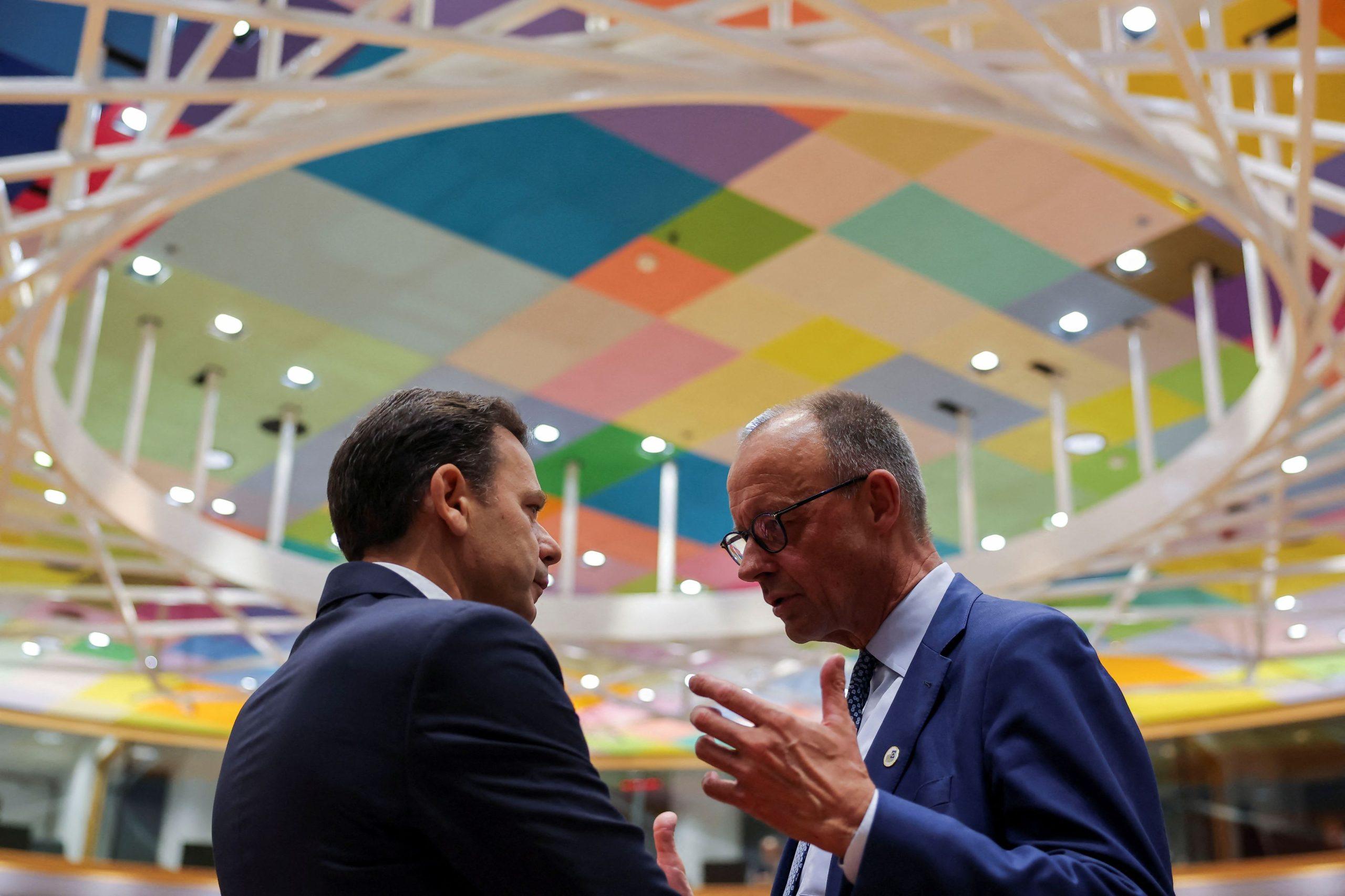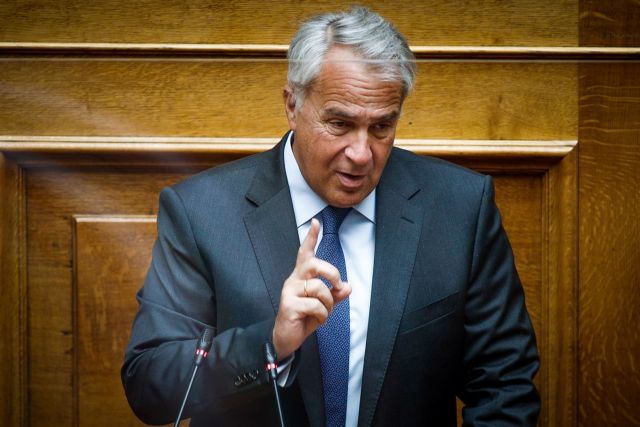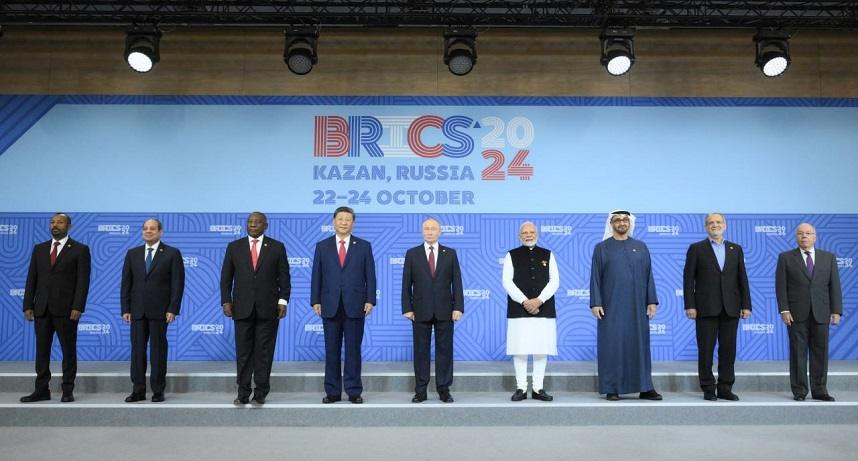The blow to the optimism for a more positive post-pandemic normality, due to the growing financial uncertainty, is recorded by the latest survey of the EY “Future Consumer Index”, with the data showing that consumer confidence is shaken once again.
In particular, the ninth edition of the quarterly global survey of 18,000 consumers found that rising costs of goods and services affect the purchasing power and decisions of 52% of respondents worldwide.
While, inevitably, rising prices affect low-income people (62%) more, research shows that both middle-income (48%) and high-income people (42%) are also under pressure. Emerging economies are under intense pressure, with 62% of consumers coming from them saying that price affordability affects their choices, compared with 45% of respondents in developed markets.
In light of significant inflationary pressures on prices and concerns about new variants of COVID-19, research shows that consumers will continue to limit their consumer spending, switch to cheaper alternatives and limit the purchase of non-essential goods. Some commodities for which respondents spend less include clothing (38%), toiletries and cosmetics (35%), and alcohol (30%). At the same time, many are already looking for cheaper alternatives for fresh (20%) and packaged foods (19%).
Uncertainty about managing the rising cost of living drives nearly two-thirds (60%) of respondents into the mood for greater savings in the future, with 39% already aiming to save rather than spend.
“Experiences” are what determine costs
In addition, research shows that consumers are looking for experiences more than ever, as they make up for lost time and find ways to escape the pressures of the post-pandemic world, with 45% saying they intend to live more intensely at all times.
Of the top five consumer prioritization categories – “Planet first”, “Affordability first”, “Experience first”, “Health first” and “Society first ”- experiences have increased the most, by twice as much as in 2020, and are, today, the third highest priority of consumer spending, from the last place where they were at the beginning of the pandemic.
42% of all respondents plan to spend more money on experiences next year. However, 39% say they are less willing to seek out-of-home experiences. Consumers seeking out-of-home experiences demand more from physical stores, as more than a third (36%) plan to visit only stores that offer a great consumer experience.
Sustainability and values influence consumer decisions
When it comes to consumer decisions, for the second consecutive quarter, most respondents put the planet (26%) above affordability (24%) and experience (20%).
Consumers choose to make more sustainable purchases, doing what they can to protect the environment, with 56% saying they will pay more attention to the environmental impact of their markets and 52% saying they are committed to paying more attention to social their impact. Two in five (42%) say they will only buy from brands that align with their values, a view shared by Generation Z and even higher (48%) Millennials.
Commenting on the findings of the new edition of the survey, Mr. Thanos Mavros, Partner in the Consulting Services Department of EY Greece and Head of Consumer Products and Retail of EY in Southeastern Europe, said: pandemic and geopolitical developments continue to influence consumer choices. Consumers, seeing their purchasing power shrink, restrict purchases of non-essential goods. At the same time, however, the number of consumers who place experience above the good or service they buy is increasing, while sustainability remains the dominant purchasing criterion. In this fluid environment, companies worldwide and in Greece will have to adapt their strategy to the different expectations of consumers and closely monitor the market, in order to identify – or even predict – the trends that will prevail in the near future “.





































